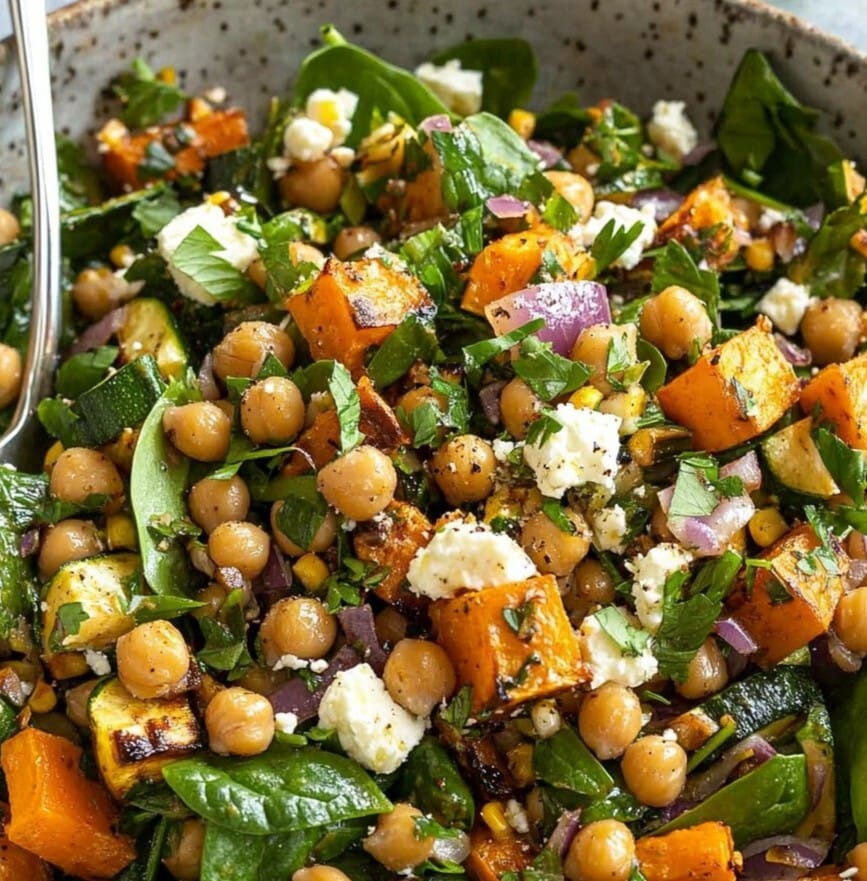Good morning. It’s Saturday, June 21, and today we’re following up on the DHT hormone stealing your hairline and equipping you with a toolkit on how to fight back.
New here? Join other women who are thriving and managing PCOS naturally. Sign up here.
And, as always, share your feedback at [email protected]
Last time, we got real about DHT — the sneaky hormone behind PCOS hair loss and rogue chin hairs. If you missed it, you can check it out HERE.
It was raw. Emotional. And for many of you, way too relatable.
So today, we’re flipping the script. We’re not just talking about the problem — we’re handing you the battle plan.
Here’s your DHT-fighting food + supplement list to help calm the chaos and give your follicles a fighting chance.
THE DHT-FIGHTING GROCERY LIST
These aren’t just “eat healthy” suggestions. These are science-backed, hormone-savvy picks that work with your body to reduce DHT — naturally.
1. Spearmint Tea
Not only soothing, but studies show it lowers androgen levels in women with PCOS.
✅ 1-2 cups per day can help reduce excess testosterone and DHT.
Pro tip: Brew it strong and chill it for an iced PCOS-friendly treat.
2. Pumpkin Seeds
Rich in zinc, which blocks the enzyme that converts testosterone to DHT.
✅ Snack on a handful, or toss into smoothies or salads.
3. Flaxseeds
Loaded with lignans (plant compounds that bind to excess androgens).
✅ Just 1 tablespoon a day can help lower testosterone levels.
4. Green Tea
Contains epigallocatechin gallate (EGCG), which has been shown to reduce DHT activity.
✅ Go for organic, and skip the sugary bottled versions.
5. Turmeric (Curcumin)
Anti-inflammatory and a subtle DHT reducer.
✅ Try golden milk or add to your cooking regularly.
6. Cruciferous Veggies (Broccoli, Kale, Cauliflower)
These help the liver detox excess hormones — including androgens.
✅ Aim for 1 cup daily. Roasted, raw, or blended into a smoothie.
SUPPLEMENTS THAT HAVE YOUR BACK
Now, let’s talk reinforcements. Supplements that go deeper, helping your body block DHT at the source:
1. Saw Palmetto
One of the most studied natural DHT blockers.
✅ Look for 160-320mg/day in standardized extract form.
Heads up: It can take 2-3 months to see results, so consistency is key.
2. Zinc
Essential for hormone balance and blocking DHT conversion.
✅ 15-30mg/day with food (too much zinc can upset your stomach).
3. Nettle Root
Less famous, but powerful — it inhibits DHT binding to hair follicles.
✅ Often combined with saw palmetto in hormone-balancing blends.
4. Reishi Mushroom
This adaptogen may help reduce DHT and supports immune + stress response.
✅ Available in capsule or powder form (great in smoothies!).
5. DIM (Diindolylmethane)
Supports estrogen balance and helps your liver clear out excess androgens.
✅ Found in cruciferous veggies or as a daily capsule (100-200mg/day).
A QUICK REALITY CHECK
Will one cup of spearmint tea undo years of hormonal imbalance?
Nope.
But small actions repeated daily create real momentum. That tea? That zinc? That broccoli salad? They’re whispers to your body that say: “Hey, I’m listening. I’ve got you.”
Because managing PCOS — and especially DHT-driven symptoms — isn’t about doing everything. It’s about doing something, consistently, and watching your body respond with time.
Updates You Can Use
> Acne that won’t quit? It might be more than pimples. SELF reports that PCOS-related acne is often deep, painful, and stubborn—showing up around the jawline, chest, and back—triggered by elevated androgen levels that rev up oil production and clogged pores. Effective treatments blend targeted skincare (like salicylic acid, benzoyl peroxide, azelaic acid, and retinoids) with hormones and insulin-regulating meds, plus lifestyle tweaks like low‑GI diets and stress management to tackle the root cause. (More)
> PCOS isn’t just a hormone disorder—it often brings an “invisible burden” of chronic emotional exhaustion, anxiety, depression, and self-doubt that too many women suffer in silence. Experts are urging a holistic approach that blends physical care (like diet, exercise, and managing insulin/androgens) with mental and emotional support—because your mind matters just as much as your body. (More)
Recipe of the Week
Roasted Zucchini and Sweet Potato Salad

This Roasted Zucchini and Sweet Potato Salad from Feasting at Home is a vibrant, healthy dish made with roasted sweet potatoes, black beans, corn, red bell pepper, and scallions, all tossed in a zesty chipotle-lime dressing. It's hearty, smoky, and slightly spicy—perfect as a side dish or light main, and great for meal prep, picnics, or potlucks. Naturally vegan and gluten-free! Full Recipe Available HERE.
PCOS Confessions
“For years, I thought it was my fault. Now I know it’s a condition, not a character flaw.”
— Leah, 35
“I take supplements consistently for the first time in my life — and my mood, skin, and sleep have all improved.”
— Tasha, 27
“PCOS pushed me to learn about hormones, nutrition, and mental health. I became my own best health advocate.”
— Chloe, 36
Share your PCOS Confession if you want to be featured in next weeks edition!
Just hit reply to this email and share your thoughts.
How did you like today's newsletter?
Females are the most beautiful, gorgeous creatures in the whole world. And I think that we are gorgeous no matter what size we are.
Why PCOS Queens? I want to save you the energy and time in researching and instead give you the shortcut to managing PCOS. I want to help you avoid feeling self-conscious and thinking you have to accept how things are. I want to help you overcome the worst of your symptoms, feel empowered and discover your inner strength. I want to hand you the keys to take back control of your life.
*Disclaimer: Every women is unique, and this information is provided for educational purposes only. I share summarized research data and personal experience, but this should not be considered medical advice. Always consult your healthcare provider for guidance on your specific health needs.

